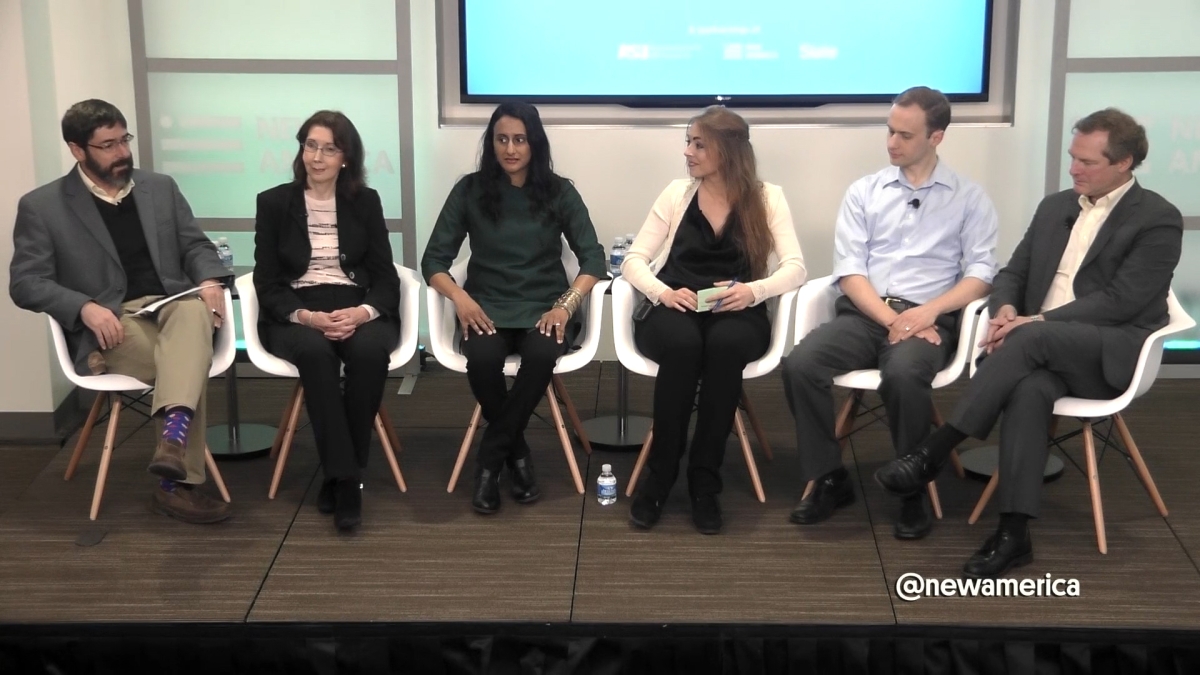ASU Insight: Can genetic engineering stop Zika?
Can genetic engineering stop Zika?

Panel discussion at New America
In a matter of weeks, the Zika virus has gone from being a virtually unknown phenomenon to a “Public Health Emergency of International Concern.” And for good reason: The virus – for which there is no treatment – is spreading quickly through the Americas, carried by the Aedes aegypti mosquito.
Human development, climate change, and droughts will only make mosquitos more widespread, allowing them to carry diseases like dengue and malaria to new places. Around the world, researchers are trying to genetically engineer mosquitoes so that they can’t transmit dangerous viruses. But anyone who has seen Jurassic Park knows that a little change to the ecosystem can have serious effects. What might be the consequences of messing with the world’s deadliest animal? Are there other diseases that we may want to engineer away? If so, how should we proceed?
Participants:
Andrew Maynard
Professor, School for the Future of Innovation in Society, Arizona State University
Director of the Risk Innovation Lab, Arizona State University
@2020science
Kevin Esvelt
Assistant Professor and Principal Investigator, Sculpting Evolution Group, MIT Media Lab
Eleonore Pauwels
Senior Associate and Scholar, Science and Technology Innovation Program, Woodrow Wilson International Center for Scholars
@EleonorPauwels
Bina Venkataraman
Carnegie Fellow, New America
Director of Global Policy Initiatives, Broad Institute, MIT & Harvard
@binajv
Graciela Ostera
Director, Immigrant Health Initiative, Microbiology & Immunology Department, Georgetown University Medical Center
Moderator:
Richard Harris
Science Correspondent, National Public Radio (on leave)
Visiting Scholar, Consortium for Science, Policy & Outcomes, Arizona State University
@rrichardh